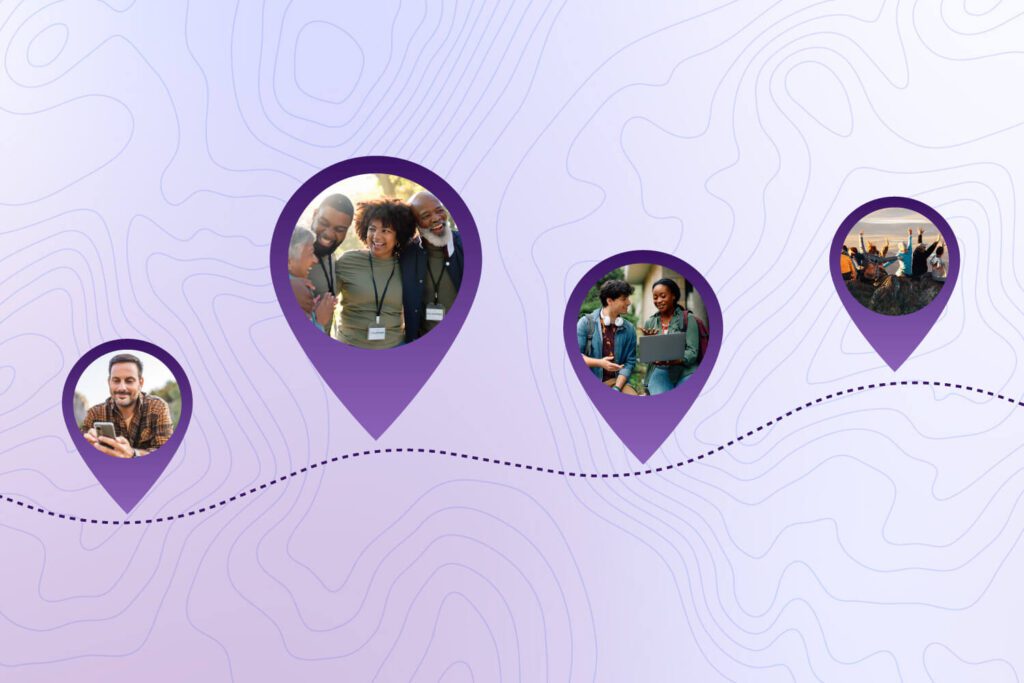The federal holiday landing on the third Monday in February is officially known as Washington’s Birthday. First celebrated in 1885 to honor George Washington’s birthday (February 22, 1732), this holiday has since broadened its scope to honor all U.S. presidents. Depending on the state where you live, the third Monday in February might be called Washington’s Birthday, Washington’s and Lincoln’s Birthday, or Presidents’ Day.
We might not agree on the holiday name, but we can all agree on one thing: Many of our U.S. presidents have been remarkable role models for philanthropy, having given generously to the things that matter most to us as a society.
Let’s take a look at the great charitable works of three of our nation’s leaders across the centuries.
George Washington: Upholding the value of education
It seems only right to begin with our very first president, George Washington. Generosity was an obligation for Washington, and he practiced this virtue constantly and liberally. By the time of his death in 1799, Washington had established himself as a great philanthropist (though he was quite modest about it). Over his lifetime, Washington quietly supported many charities. He gave large sums to support the care of orphans, people living in poverty, and prisoners. Washington even delivered Thanksgiving dinners and surplus food from the presidential mansion to feed people in a nearby prison. Above all, Washington valued formal education. In his private life, Washington paid for his friends’ children to attend school and donated to many educational institutions. Washington made his most lasting gift three years prior to his death when he gave 100 shares of stock to what is now Washington and Lee University in Lexington, Virginia. His contribution is equivalent to $20 million today. Estimates indicate that a little more than $11 of every current student’s tuition is underwritten by the generosity of George Washington.Franklin D. Roosevelt: Leading the march for children’s health
Our 32nd president, Franklin D. Roosevelt, proved that the strongest reason to give is often personal. Roosevelt was diagnosed with polio in 1921 at age 39, losing the use of his legs. At the time, polio afflicted many American children, with outbreaks causing more than 15,000 cases of paralysis each year. Those who survived the virus usually suffered from debilitating paralysis into their adult lives. In 1926, Roosevelt founded the Georgia Warm Springs Foundation, a treatment center with natural therapeutic hot springs in Warm Springs, Georgia. He later launched the National Foundation for Infant Paralysis, with a mission to fund research for a polio vaccine. As the polio epidemic worsened during the Great Depression, President Roosevelt asked the public for help with funding. This appeal inadvertently coined “the March of Dimes” and ultimately funded Dr. Jonas Salk’s successful work in developing a polio vaccine. Today, the March of Dimes lives on as a nonprofit whose purpose is to improve the health of mothers and babies by preventing birth defects, premature birth, and infant mortality.Jimmy Carter: Housing families one home at a time
Jimmy Carter, America’s 39th president, served just one term in the White House, but his commitment to social justice and human rights is a legacy that benefits generations of Americans. Among their many charitable efforts over the decades, Carter and his wife, Rosalynn, are best known for their longstanding, hands-on work building high-quality affordable housing with Habitat for Humanity. Since their first project with the nonprofit in 1984, the Carters have worked with more than 92,000 volunteers in 14 countries to build and renovate nearly 4,000 homes for families in need. Today and every day, let’s follow these U.S. presidents’ examples by making it a priority to give back and do good work for others.
Ready to Get Started?




